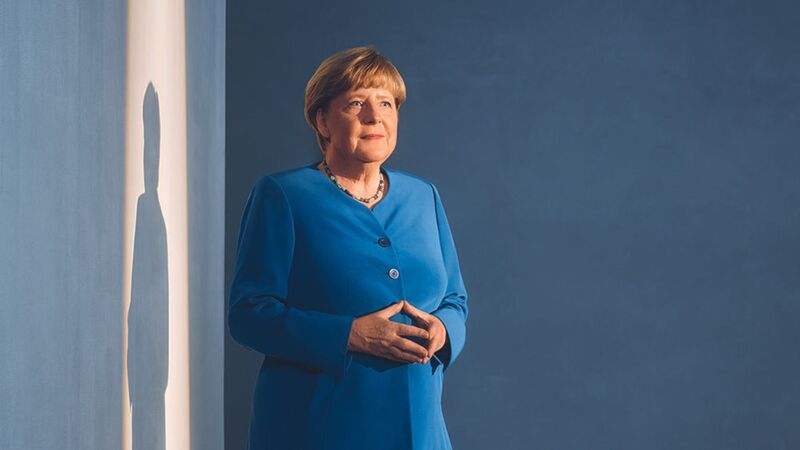You are viewing your 1 free article this month. Login to read more articles.
Brussels hears further arguments in support of e-lending
Further plans for libraries to be able to lend e-books were discussed this week at the European Commission.
A Brussels hearing was told that libraries should be allowed e-book licences across the European Union (EU) in measures which will be proposed later this year by the European Parliament's lead negotiator on the European Commission's proposed copyright reforms, Maltese MEP Therese Cachia Comodino.
A draft position paper from the MEP circulated on Wednesday (11th January), saying that if the rights holders are fairly compensated and technical measures allow effective control of the lent work, libraries should be allowed to hold and lend e-books in all 28 member states.
In November publishers and booksellers associations expressed concern over an e-lending ruling passed by the European Union which will see the lending of digital books in public libraries treated the same as physical books in "certain conditions". But the ruling was welcomed by librarians.
Comodino also backed the Commission's call in its proposals, made in September, for other cultural institutions including museums to make copies of any works in their collection if this is just for preservation purposes.
With Europeans increasingly consuming information online – including books, as well as newspapers, film or music –the Commission’s package of copyright reforms must ensure any content creator receives the value of his or her work published on the internet, Ms Comodino, from the centre-right European People’s Party (EPP), told the hearing on copyright at the European Parliament, in Brussels. She is coordinating the parliament’s negotiations on the final text of the legislation, and will be proposing amendments in June, including the library e-book licence guarantee.
"The on-going reform is complex in many ways,” she said, and “the Commission wants to make it work today and continue to work with all future digital innovations.”
In his video introduction to the hearing, Tibor Navracsics, European Commissioner for education, culture, youth and sport, said internet publishing provided “sources of innovation, growth and jobs, and creative content must remain protected.”
And Giuseppe Abbamonte, director for media policy (copyright) at the EU executive’s media and data directorate general DG CONNECT, assured the meeting the reforms would benefit everyone, not just publishers: “We are looking at the entire value chain: story tellers, musicians… if the copyright system goes bust, everyone will suffer.”
Ms Comodino agreed, telling The Bookseller that the reforms were not just about digital publishing: “They focus on how books can enter the digital market, for example e-books, on internet access to libraries and text books and on if text and data mining (TDM - software applications reading texts and data instead of humans) should be allowed.”
The proposed new directive gives a mandatory TDM exception to research organisations doing scientific research, but Ms Comodino argued any individual or organisation with legal access to content should be able to use digital technologies to mine that content and exceptions were not justified.
She also highlighted the “conflicting positions” on publishers’ intellectual property right (PIP) (Article 11 of the directive, where publishers can have exclusive rights to authorise or ban any reproduction for 20 years).
“There is no causal relationship with exclusive rights and quality. It won’t mean that advertisers and readers will come to you,” warned Professor Dr Mireille van Eechoud at the Institute for Information Law, University of Amsterdam.
“PIP may be good for publishers but bad for authors and journalists, as many are freelancers and need maximum exposure of work to get future jobs.”
But technology giant Google’s Senior Copyright Counsel Dr Cédric Manara defended PIP, arguing “The publisher now has full control of his works on the web.”
He said Google had boosted authors’ revenue, noting that in 2014, Google sent USD746 million’s worth of internet traffic to all kinds of publications, including e-book portals, in France, Spain, Germany and the UK: “10 billion clicks a month”.


















